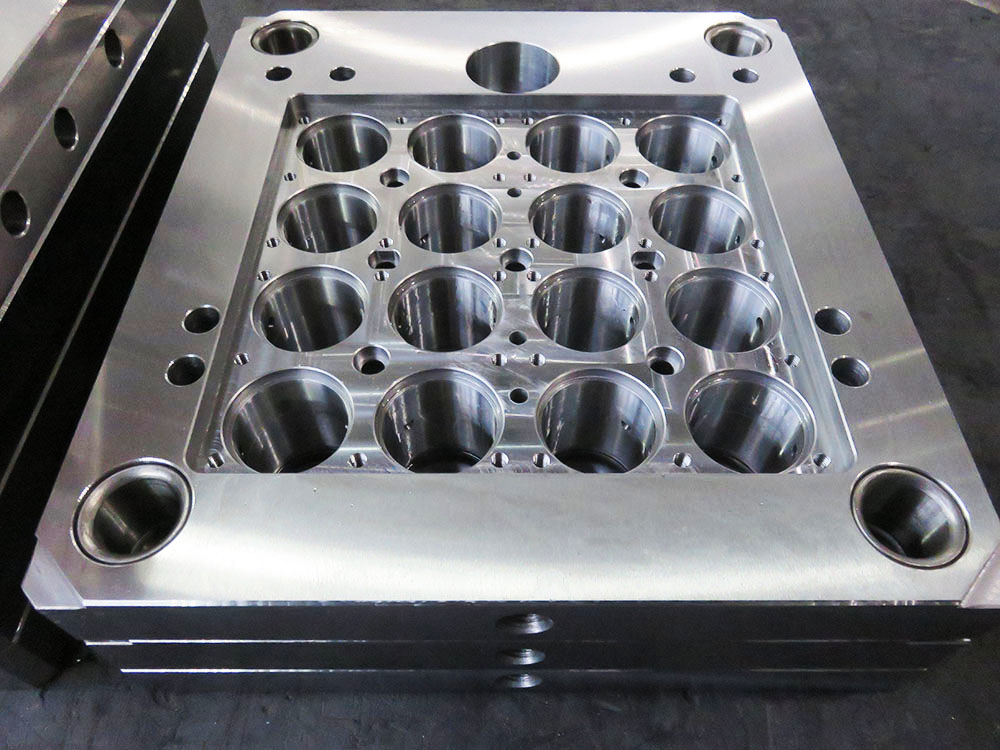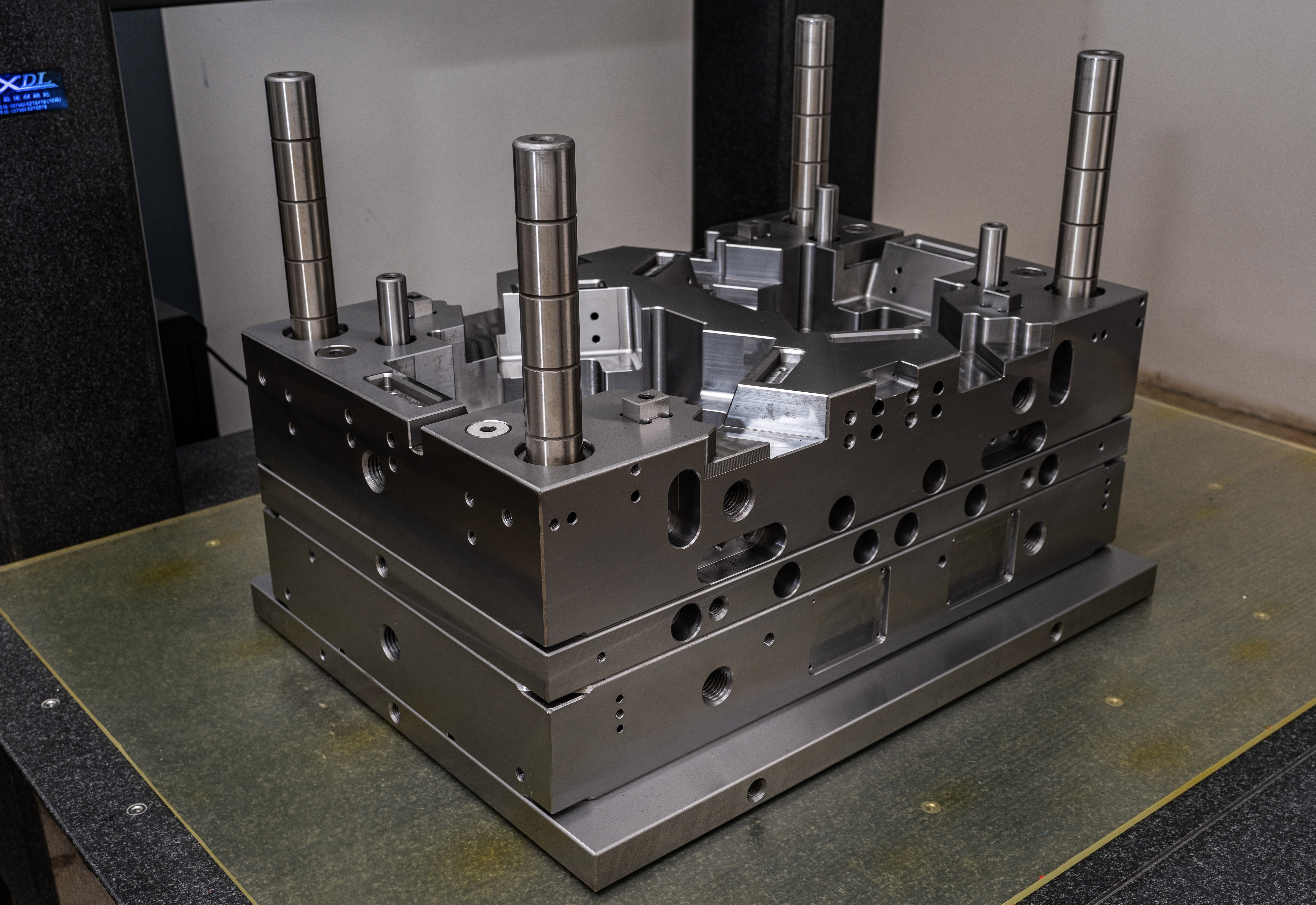The Recommended Type of Steel for Mold Base Construction
Mold base is a crucial component in the mold-making industry, providing a solid foundation for the creation of various molds used in a range of applications. The selection of an appropriate type of steel for mold base construction is vital to ensure the longevity, precision, and efficiency of the molds. In this article, we will explore the recommended type of steel for mold base construction and its advantages in the field.
1. P20 Steel
P20 steel, also known as 1.2311 or SCM4 steel, is a popular choice for mold base construction. It is a low-alloyed tool steel with good toughness and machinability. P20 steel exhibits excellent mechanical properties, including high tensile strength and hardness, making it suitable for construction applications.
This type of steel is often used for medium-sized to large molds, as it offers good stability and wear resistance. Moreover, P20 steel is highly weldable, allowing for easy repair and modification of molds. Its versatility and cost-effectiveness make it a preferred option for many mold makers.
2. S50C Steel
S50C steel, also known as 1050 steel, is another commonly used material for mold base construction. It is a high-quality carbon steel with good hardness and wear resistance. S50C steel provides excellent machinability and dimensional stability, making it suitable for precision molds.
Due to its high carbon content, S50C steel exhibits enhanced hardness and strength, ensuring a robust and durable mold base. It also offers good polishing and texturing capabilities, allowing for the creation of high-quality surface finishes on molded products.
3. H13 Steel
H13 steel, also referred to as 1.2344 or SKD61 steel, is a popular choice for mold base construction in applications requiring high-temperature resistance. It is a chromium-molybdenum-vanadium alloy tool steel, known for its excellent hot hardness, thermal fatigue resistance, and high hot tensile strength.
H13 steel is often used in injection molding and die casting applications, where the molds are subjected to elevated temperatures and thermal cycling. Its exceptional heat resistance allows for prolonged mold life and consistent performance under extreme conditions.
4. Stainless Steel
Stainless steel is another option for mold base construction, especially in applications where corrosion resistance is critical. The most commonly used stainless steel grades for mold base construction include 420, 440, and 420F.
Stainless steel molds offer excellent corrosion resistance, making them suitable for molding corrosive plastics or materials. They also exhibit good hardness and wear resistance, ensuring a long service life for the molds. Additionally, stainless steel molds are easy to clean and maintain, reducing downtime and improving productivity in the manufacturing process.
Conclusion
Choosing the right type of steel for mold base construction is essential to ensure the successful and efficient production of molds. P20 steel, S50C steel, H13 steel, and stainless steel are recommended options that offer different advantages depending on the specific requirements of the application. The selection should consider factors such as hardness, wear resistance, machinability, and corrosion resistance. By utilizing the appropriate steel, mold makers can provide high-quality molds with enhanced durability and performance.




